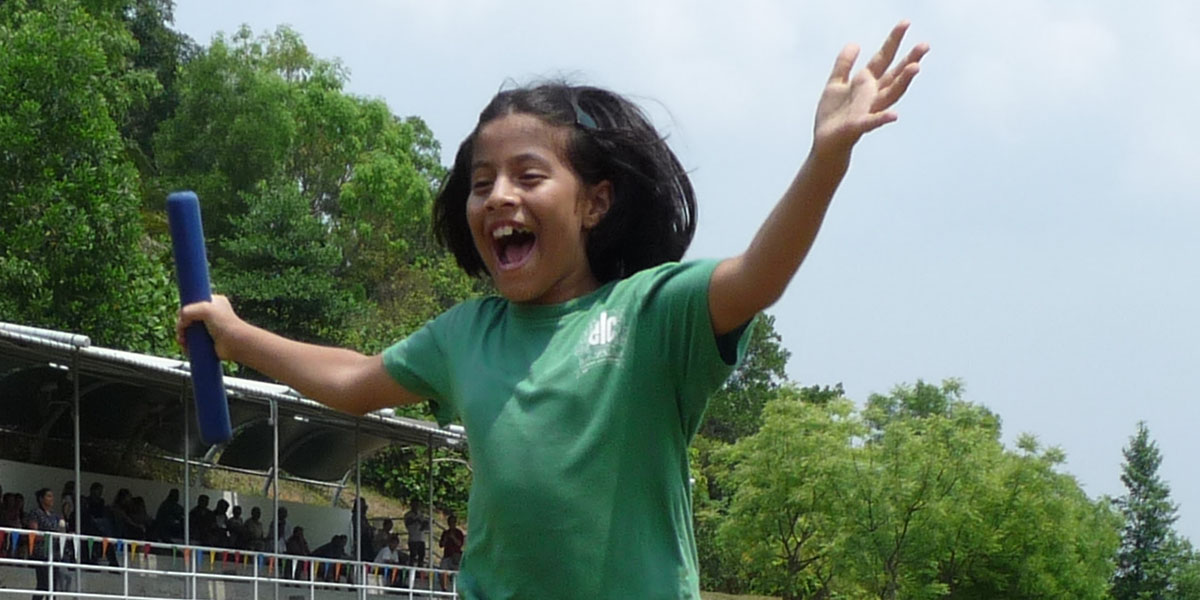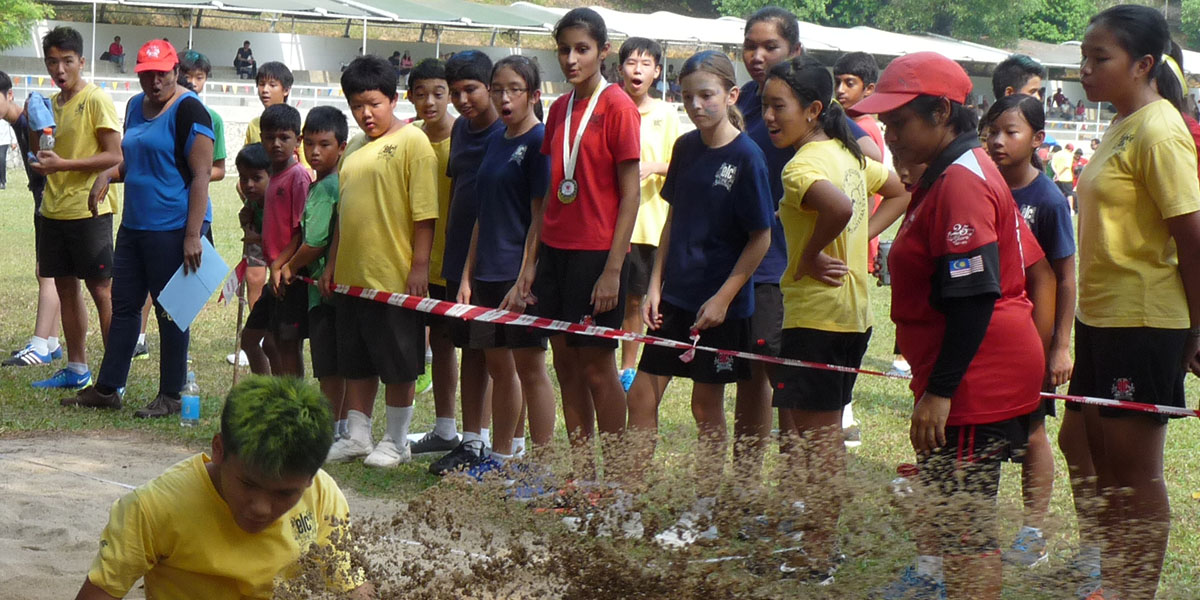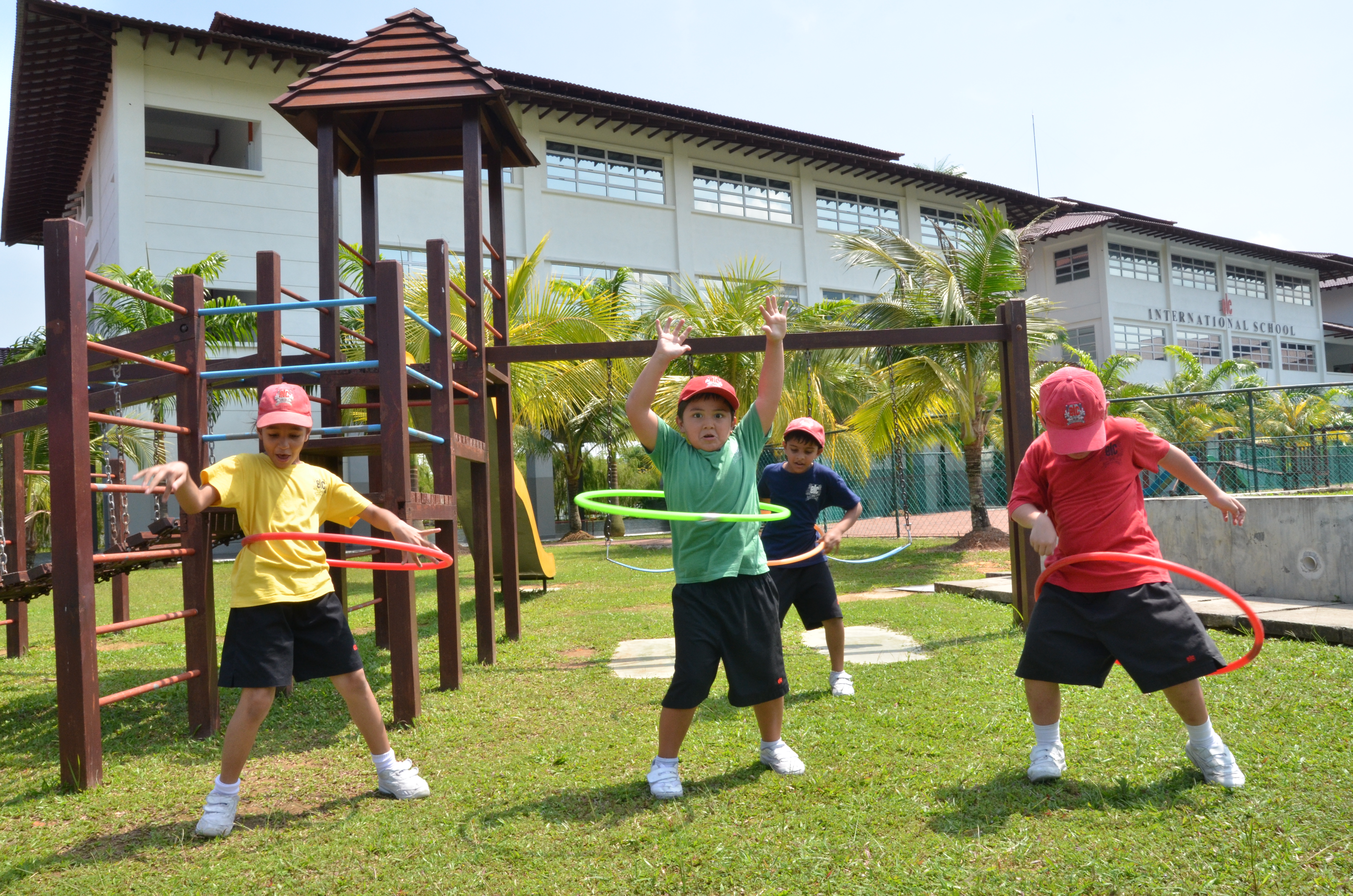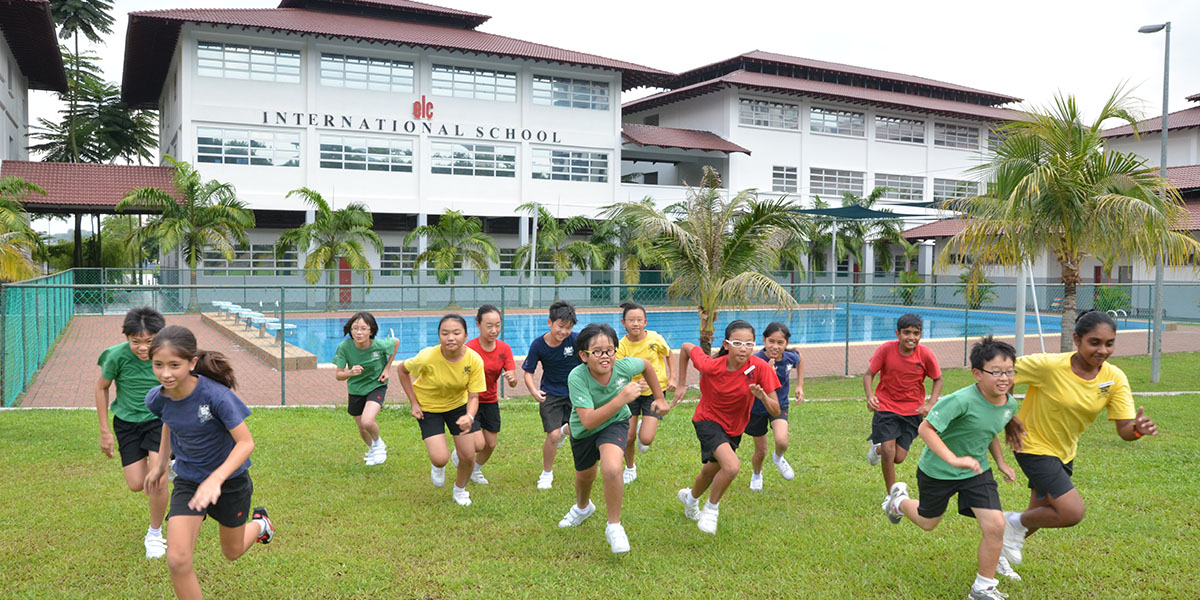
To open a school sports event in 1881 a Dominican priest by the name of Henri Didon said “Citius, Altius, Fortius”, meaning “Faster, Higher, Stronger”. The words resonated with students and guests alike, so much so that it was adopted by the Olympic Games as their official motto. Having said that the words do not begin and end with just sport; in essence, the words capture moral, spiritual and educational elements too… simple words with such depth.
Arguably the philosophy of the greatest sporting event in the world began at a simple school event. Notice that “winning” is not mentioned, the most important thing is to do your very best, to improve, to always strive for excellence. At its core, this is what every school should be striving to do. Far too often these days we see educators reluctant to push, with pressures from government bodies, parents, and media leading educators to a policy of detachment.
Schools play a pivotal role in shaping and developing tomorrow’s leaders, yet how effective are those leaders going to be if just passing is enough? We live in a world that is diverse and whose boundaries are being eroded into what can be described as a global village. Workforces are highly mobile and some of them are very hungry for success. We run the risk of creating a generation of marginalised young people unable to secure jobs if we do not push for the very best out of every single one of our students today.
It is important to note that here in Malaysia quite often we find that “success” is perceived to be found in a book, behind a computer or a classroom, although this is a one-dimensional approach which can limit options. Given the wealth of jobs available, success can be found outside of the classroom as much as within. Sport and a passion for the outdoors have seen the rise of many great athletes, environmentalists, event organisers, photojournalists, physiotherapists, and teachers to name but a few.
Many of these examples do lead back to the classroom and require many years of formal education, but it can be argued it is the activity outside of the classroom that motivates and keeps the focus. Whilst there are always isolated examples of success at the extremes, ideally a healthy combination of both increases chances of success. Many universities and colleges now look at activities outside of the classroom to pick the best candidates.
Undeniably hard work is required, in a biography about Micheal Phelps called “No Limits, The Will to Succeed” there is a quote, “There will be obstacles. There will be doubters. There will be mistakes. But with hard work, with belief, with confidence and trust in yourself and those around you, there are no limits”. Educators appreciate “there will be mistakes”, but increasingly the media, government bodies, and parents are less forgiving. The important thing is to learn from the mistake and focus less on apportioning blame. The blame game at its core is a deconstructive pursuit when we should be focusing on building and supporting.
Certainly, there should always be accountability and people that take responsibility for mistakes, but the focus has a tendency to stop there. To truly embody “Citius, Altius, Fortius”, students, educators, parents, government bodies and the media need to work together positively to make hard work pay off. There are no shortcuts.








